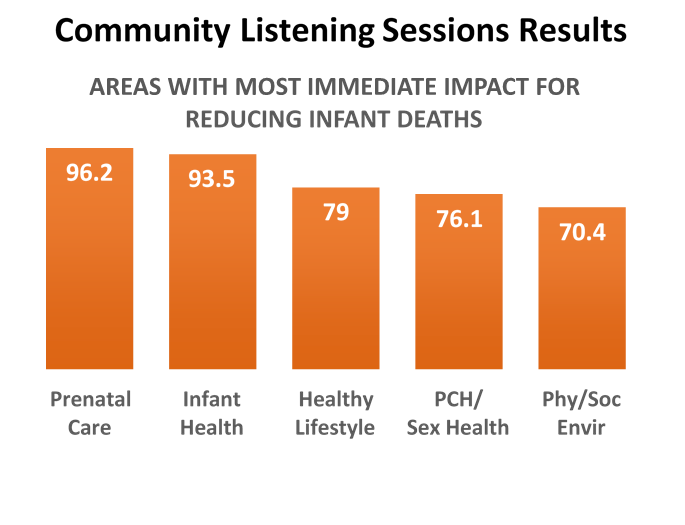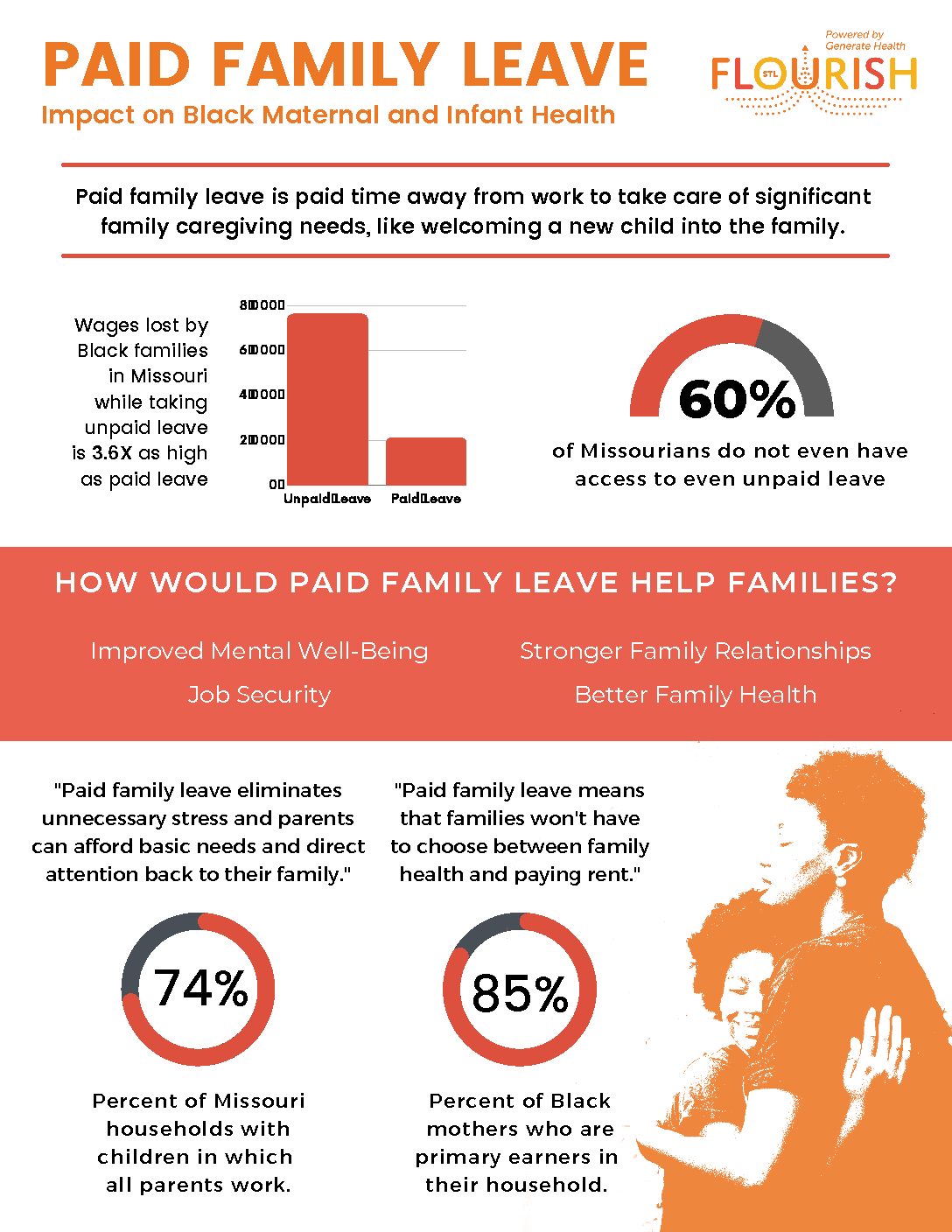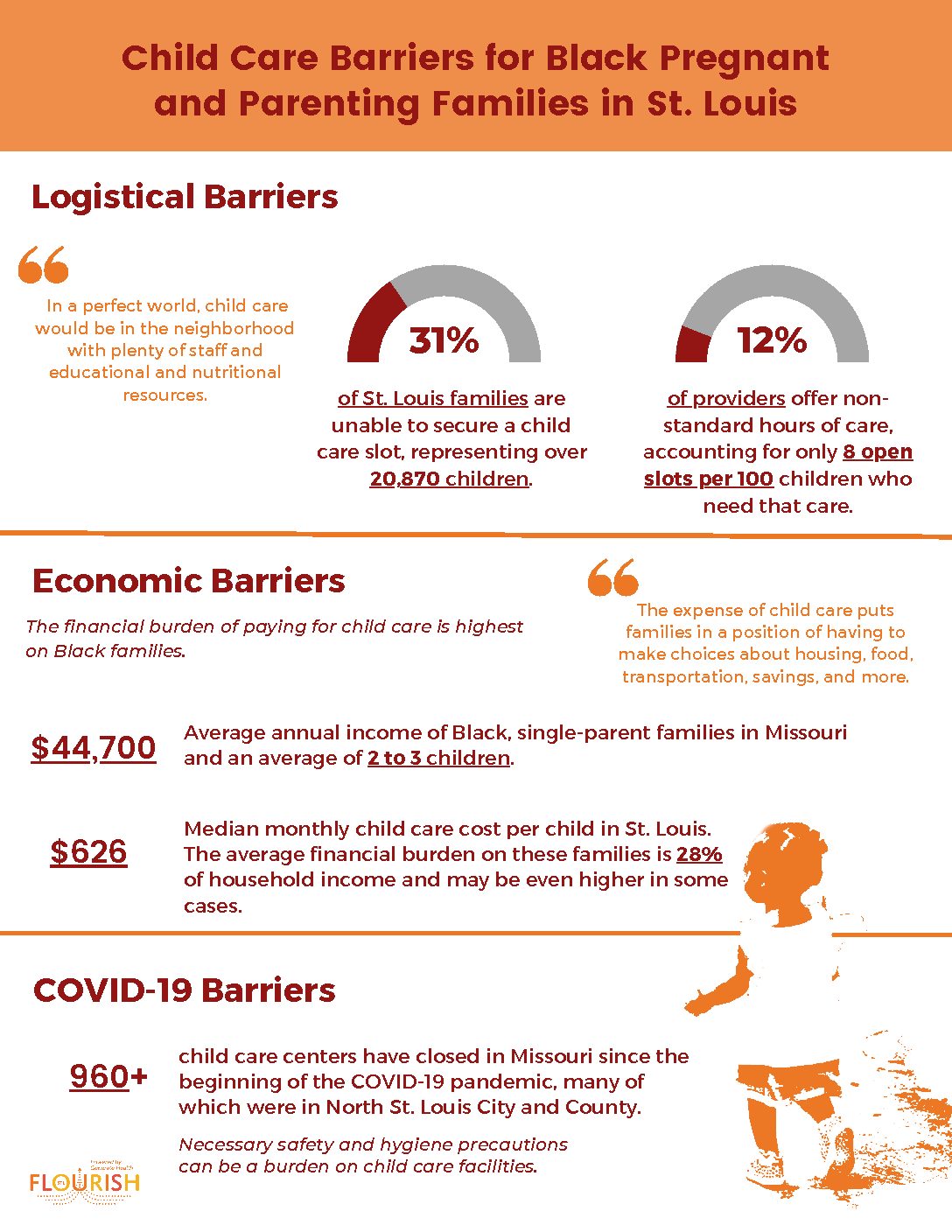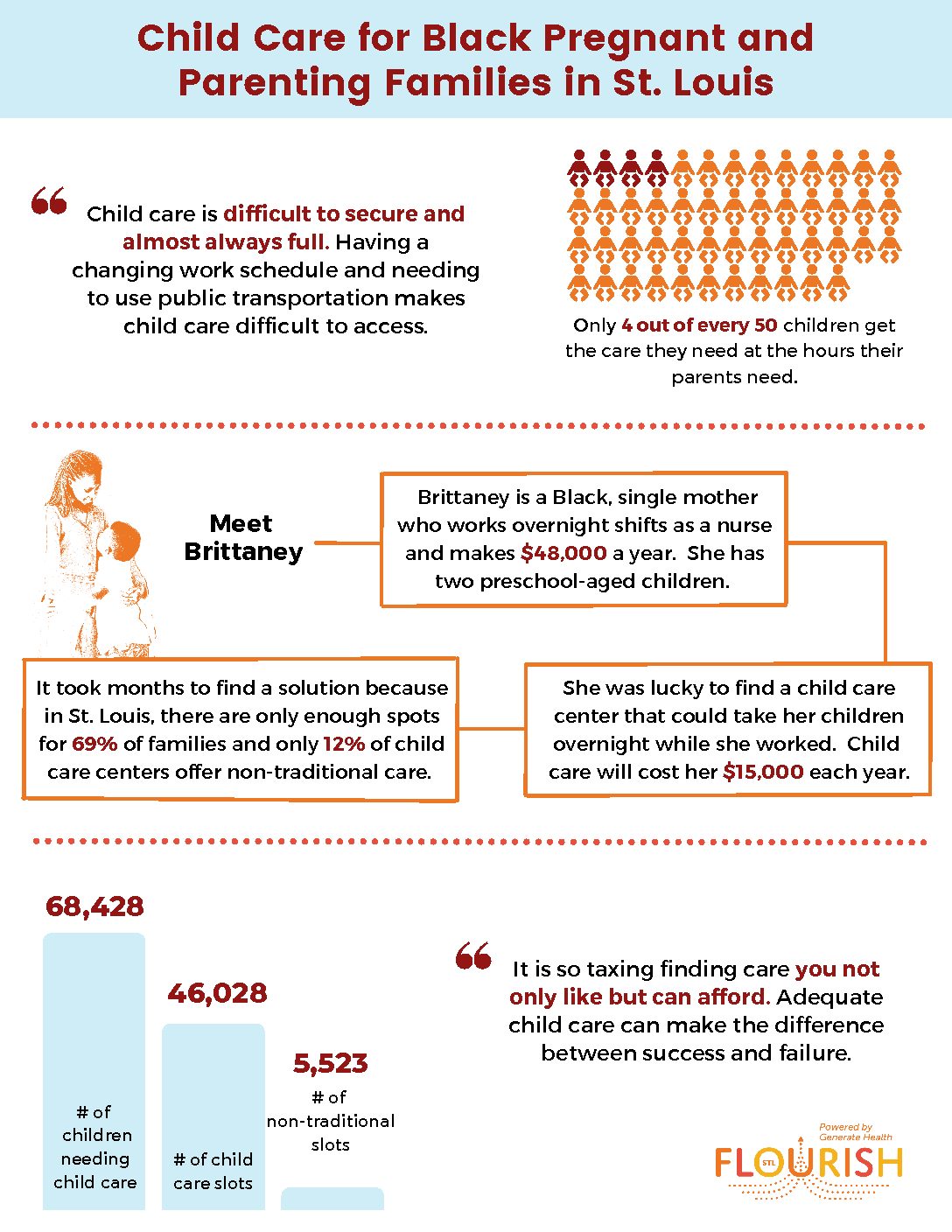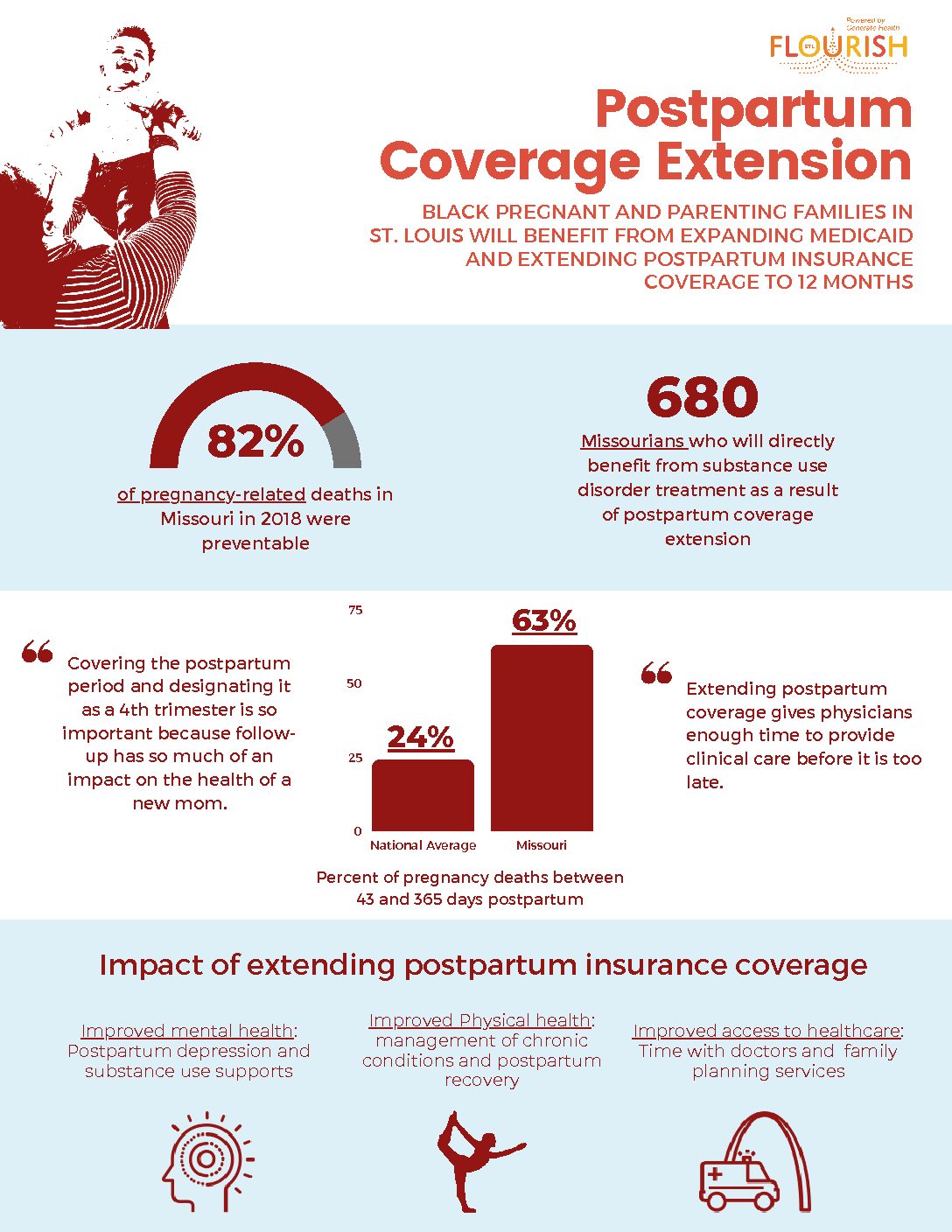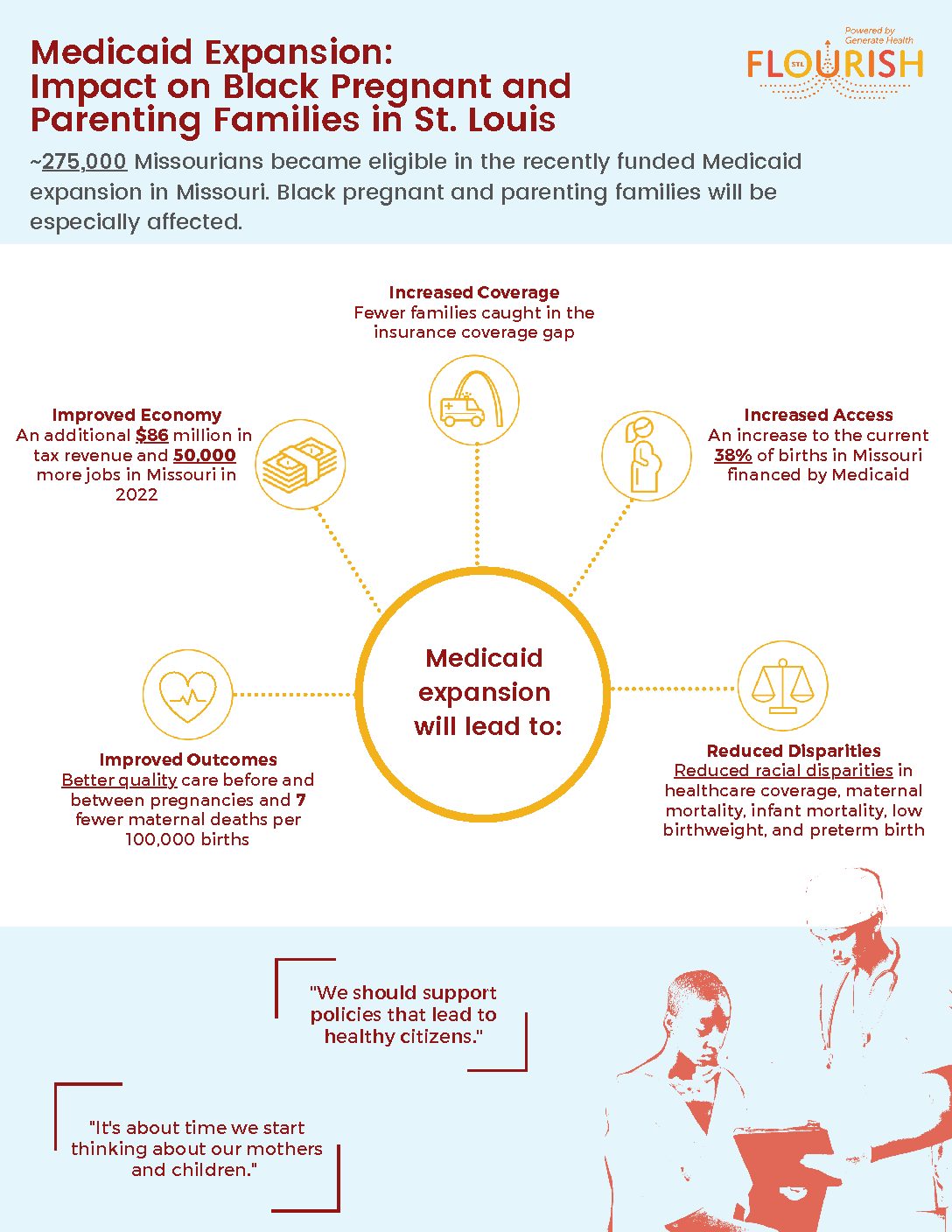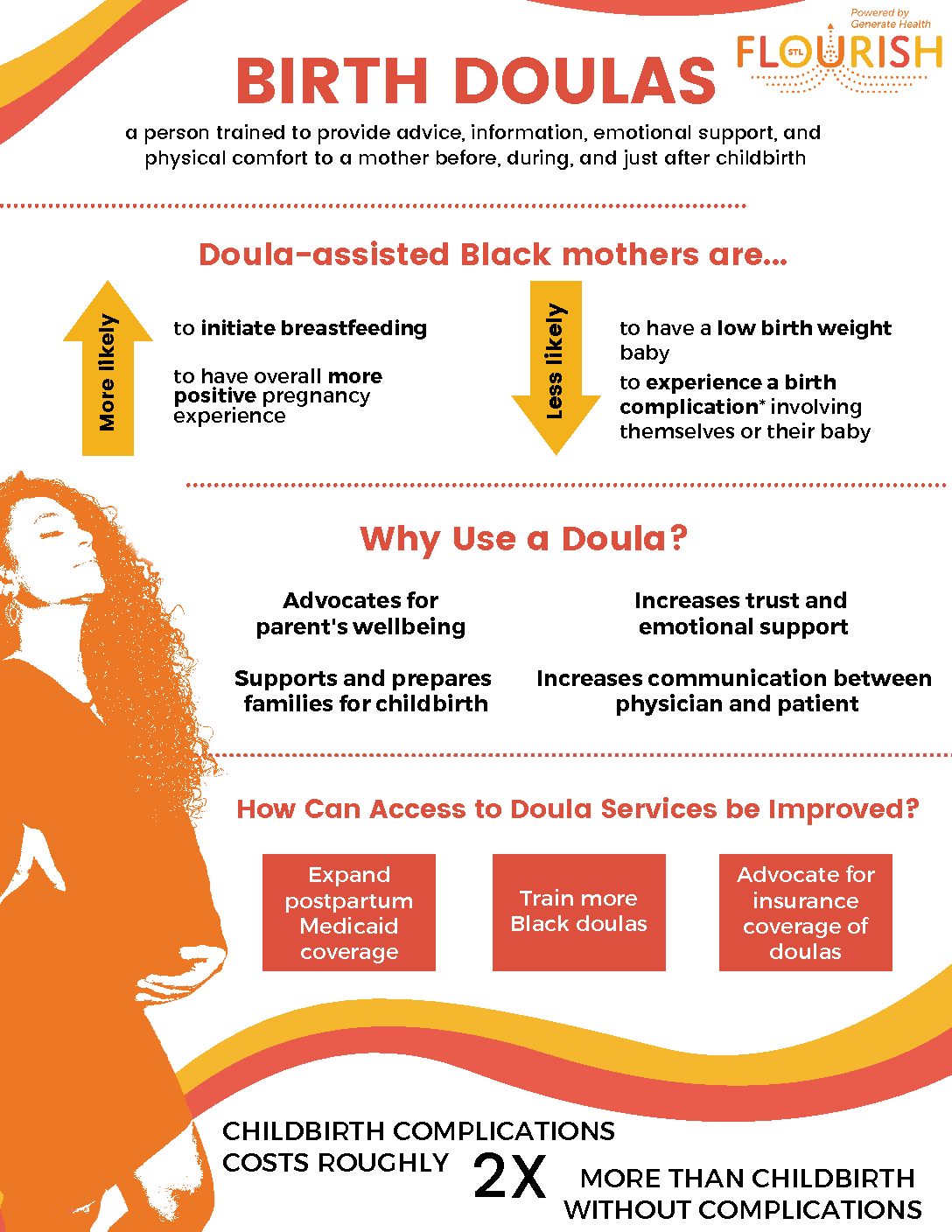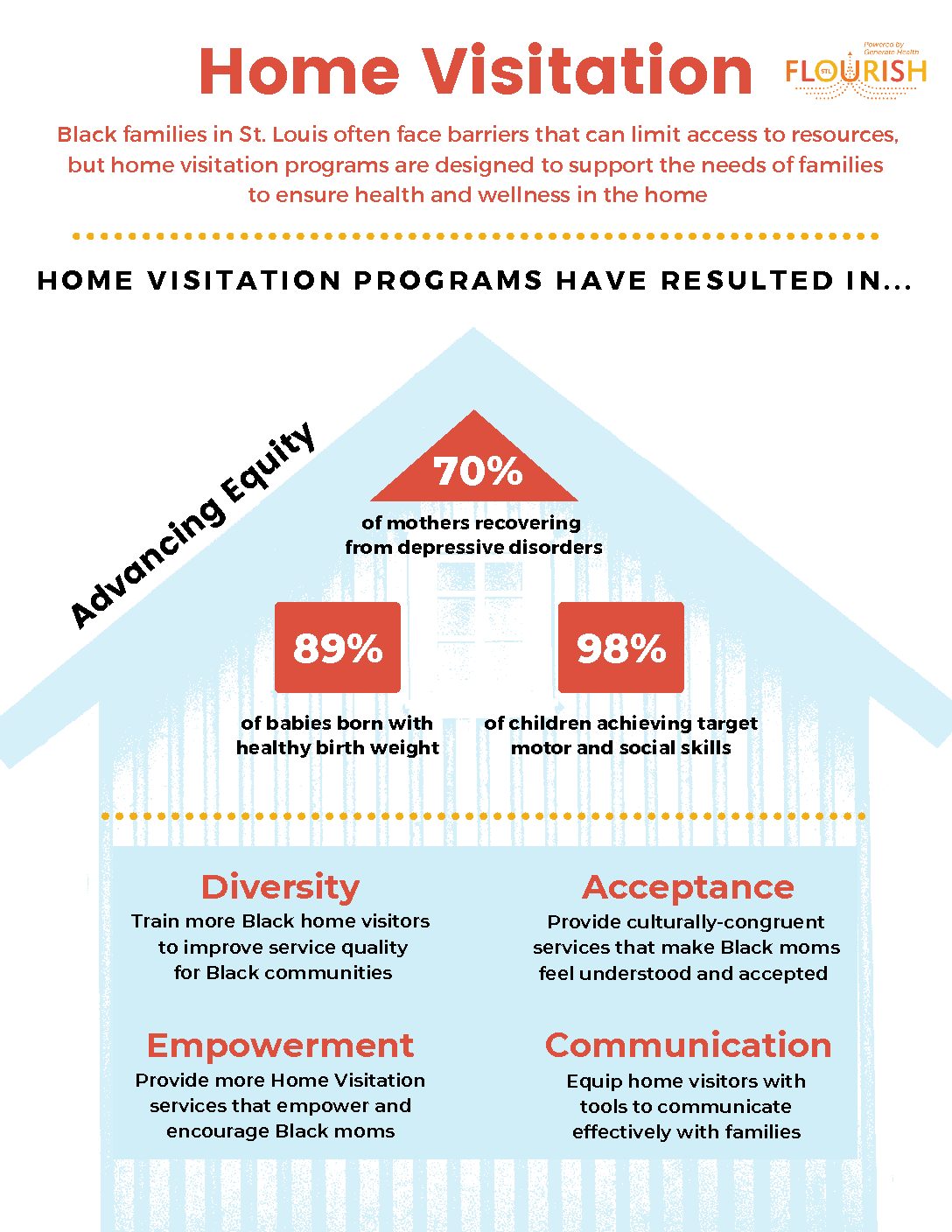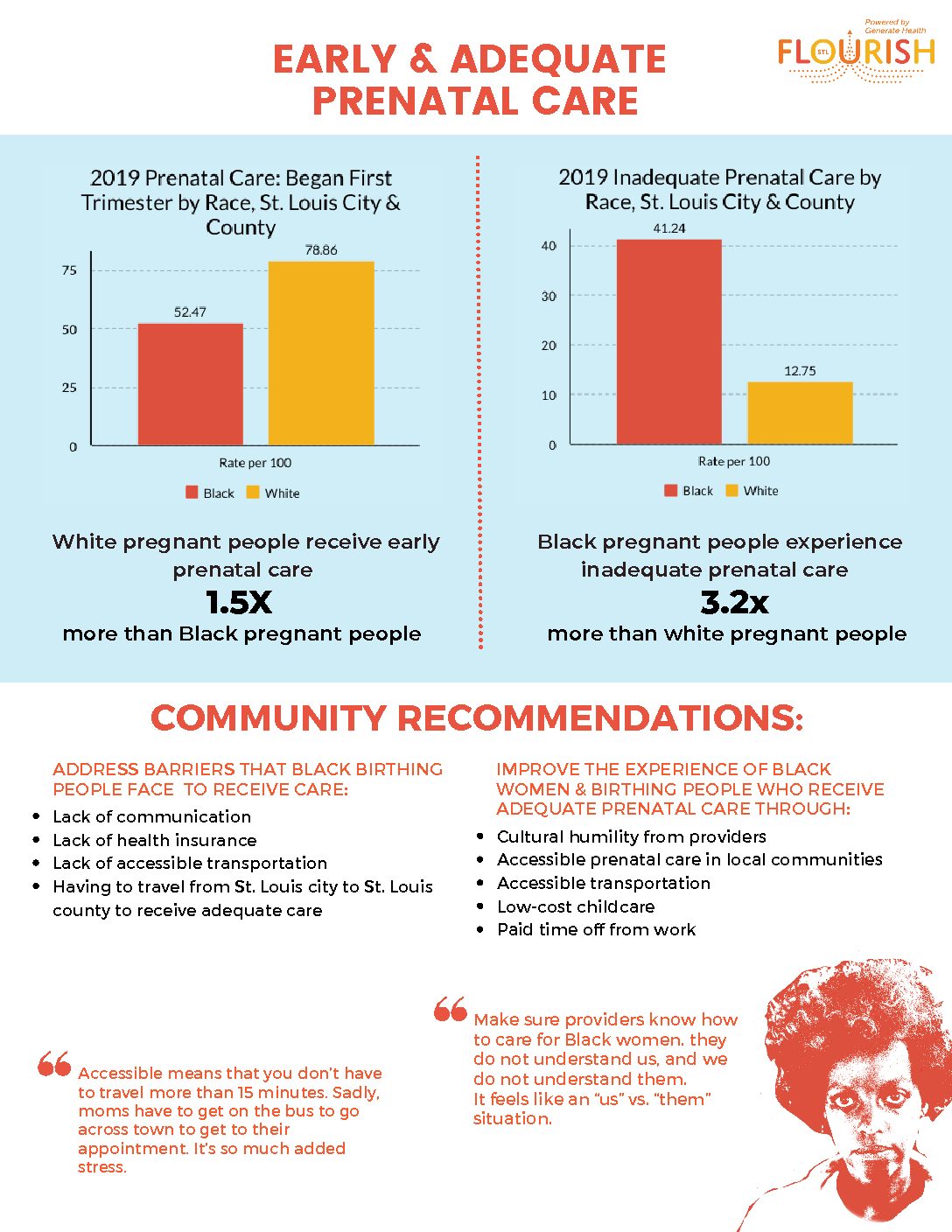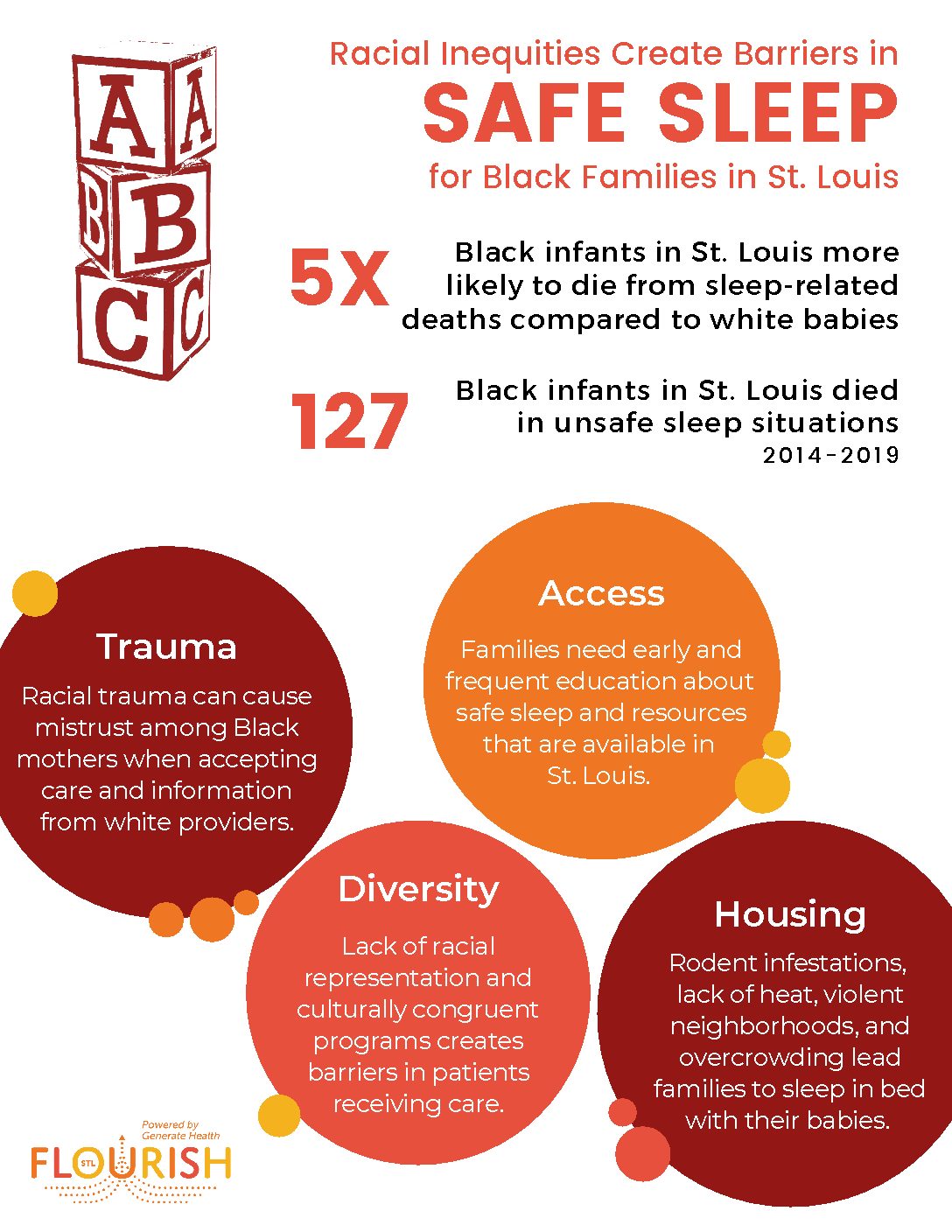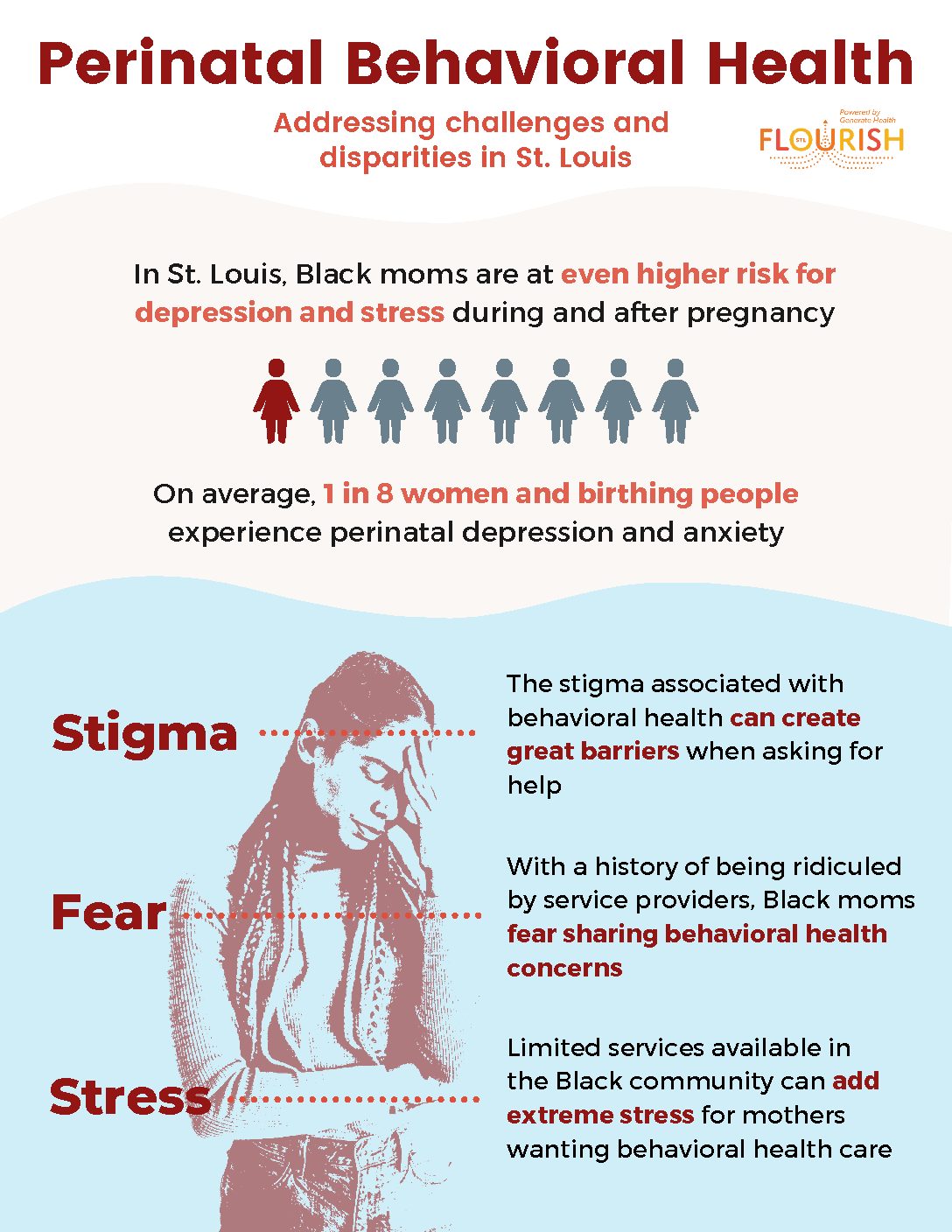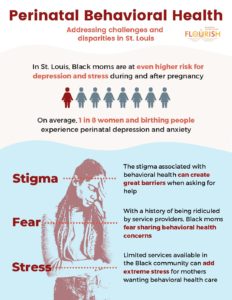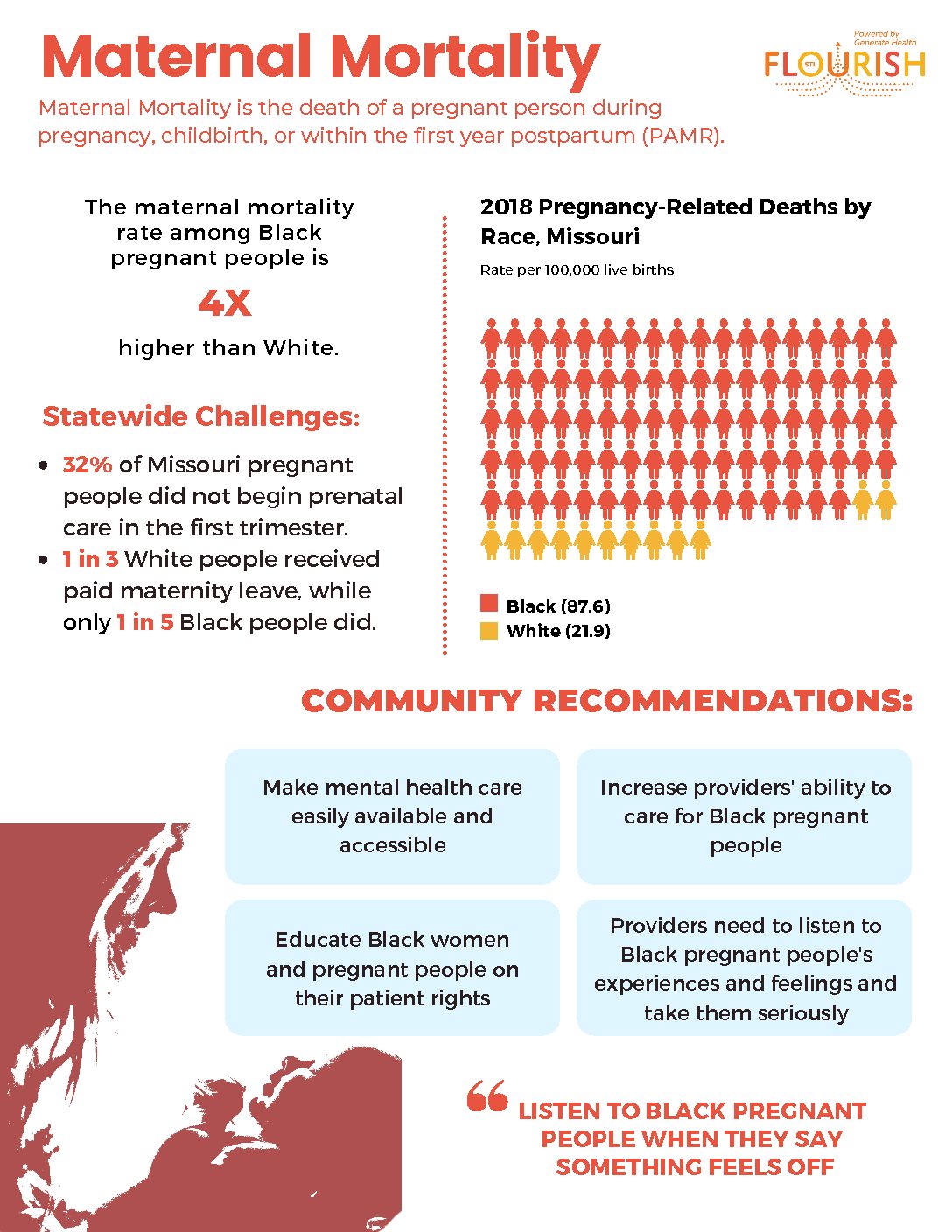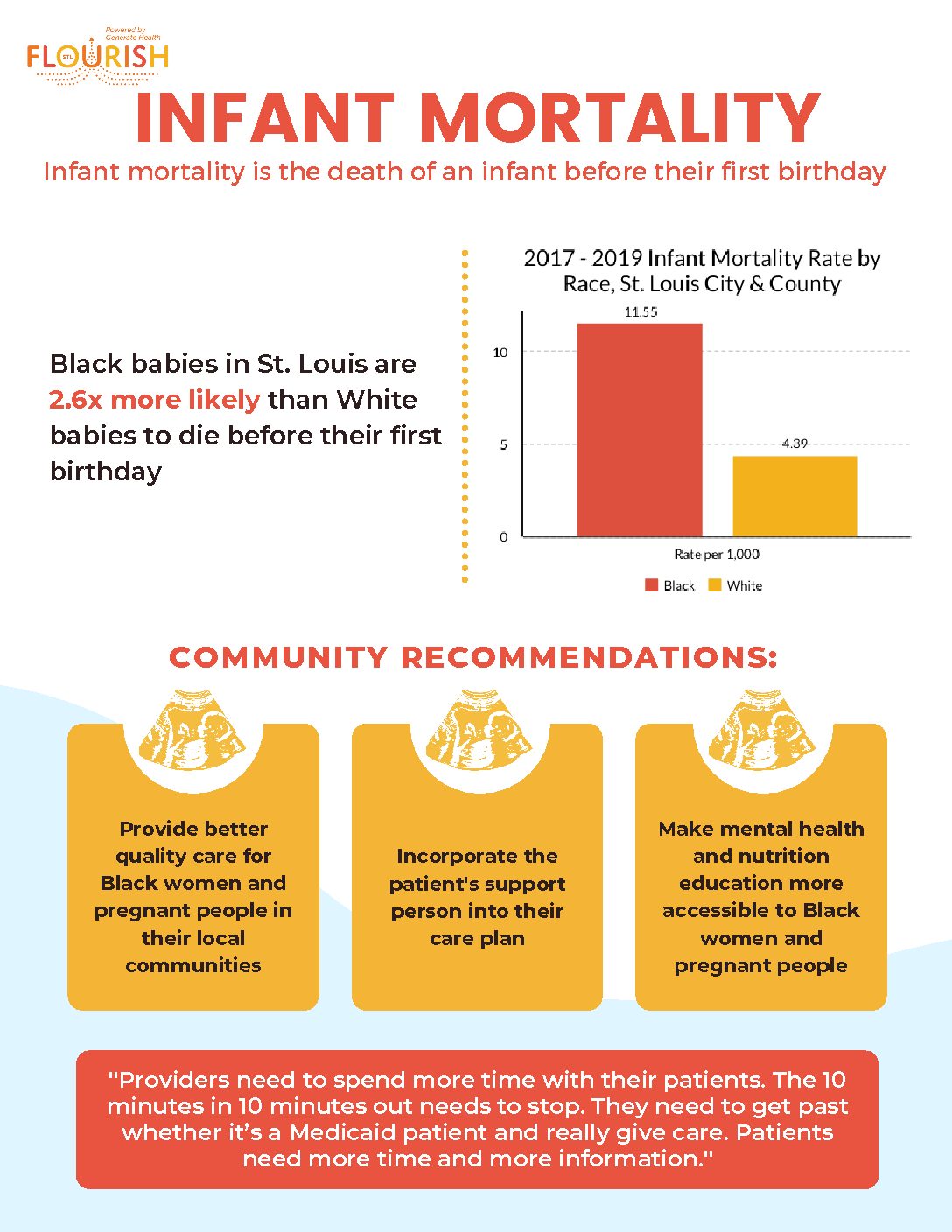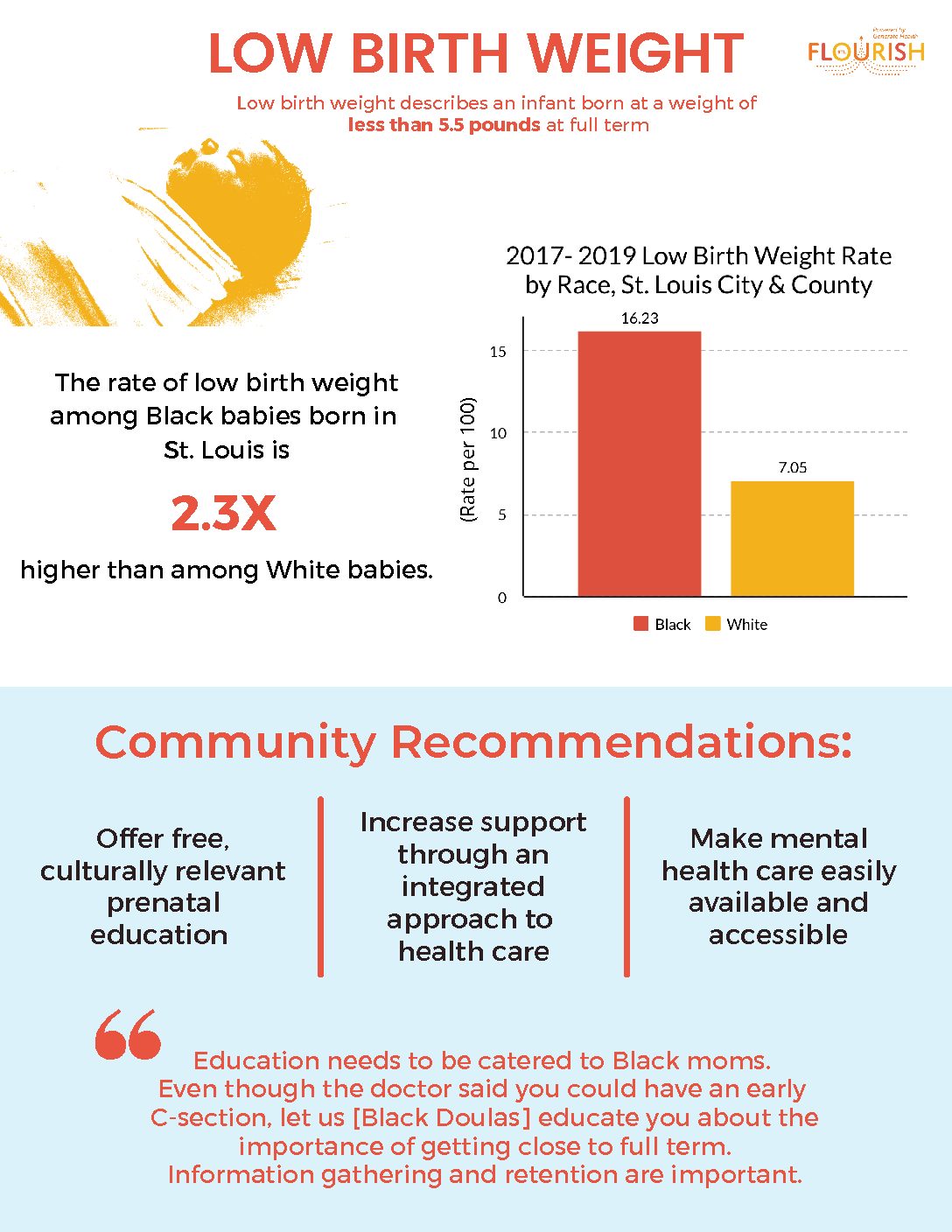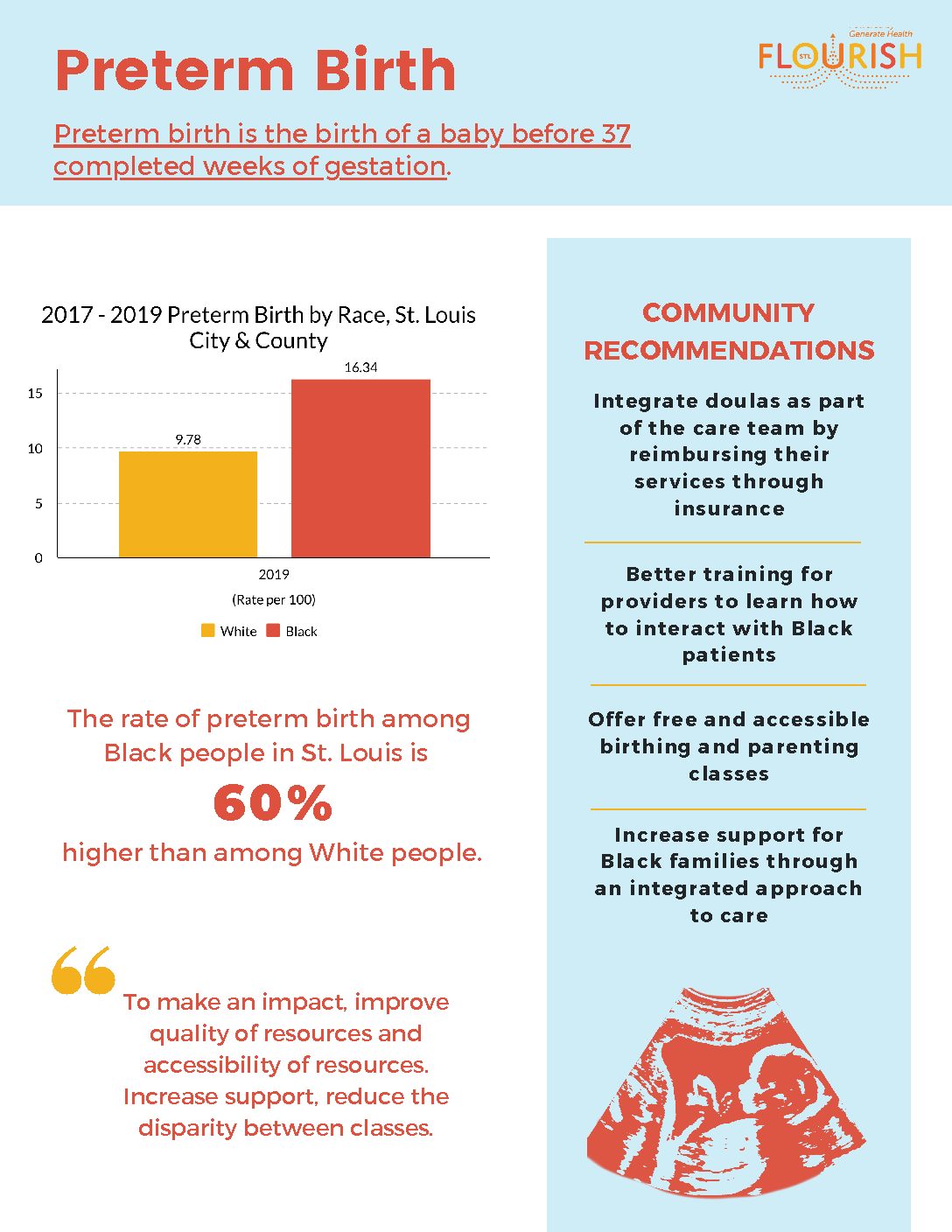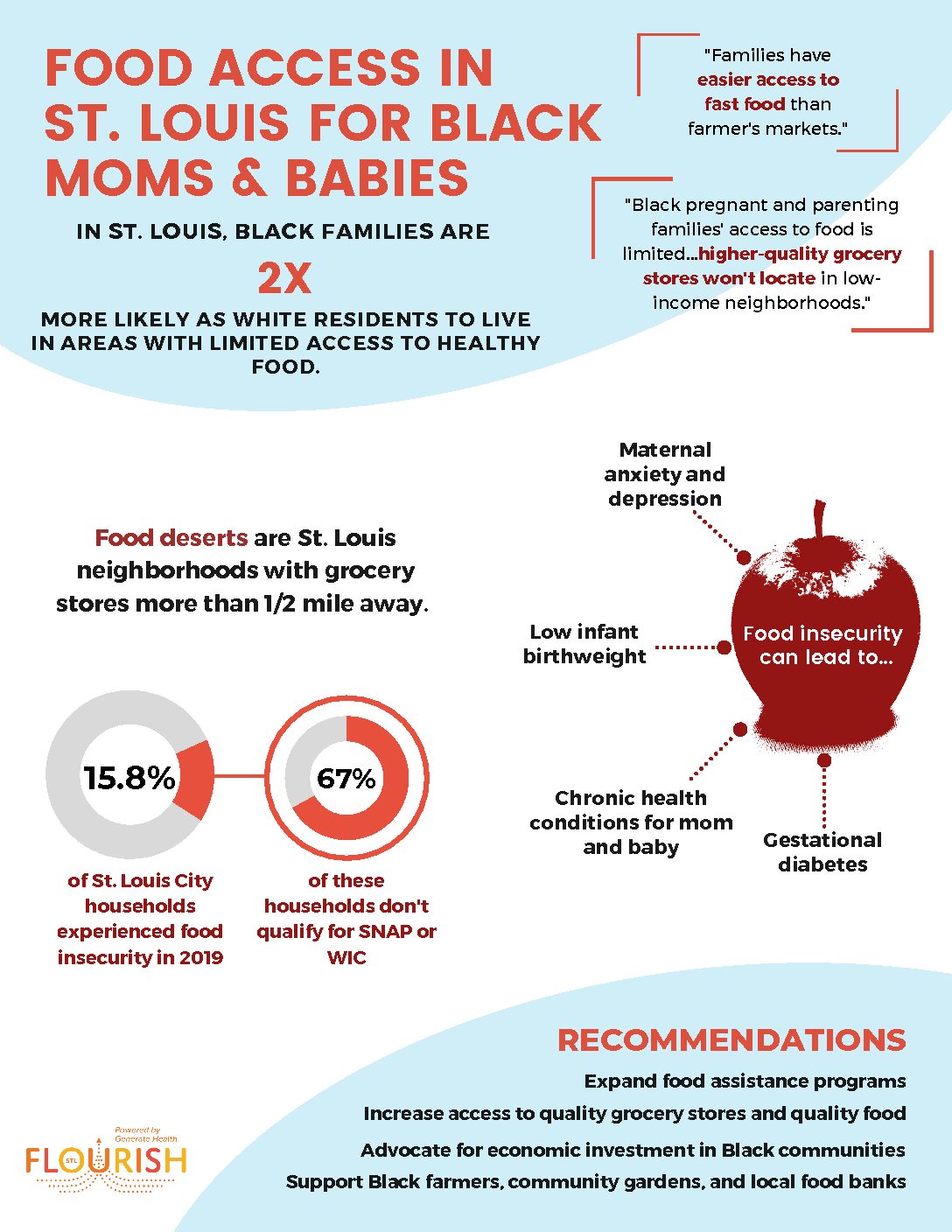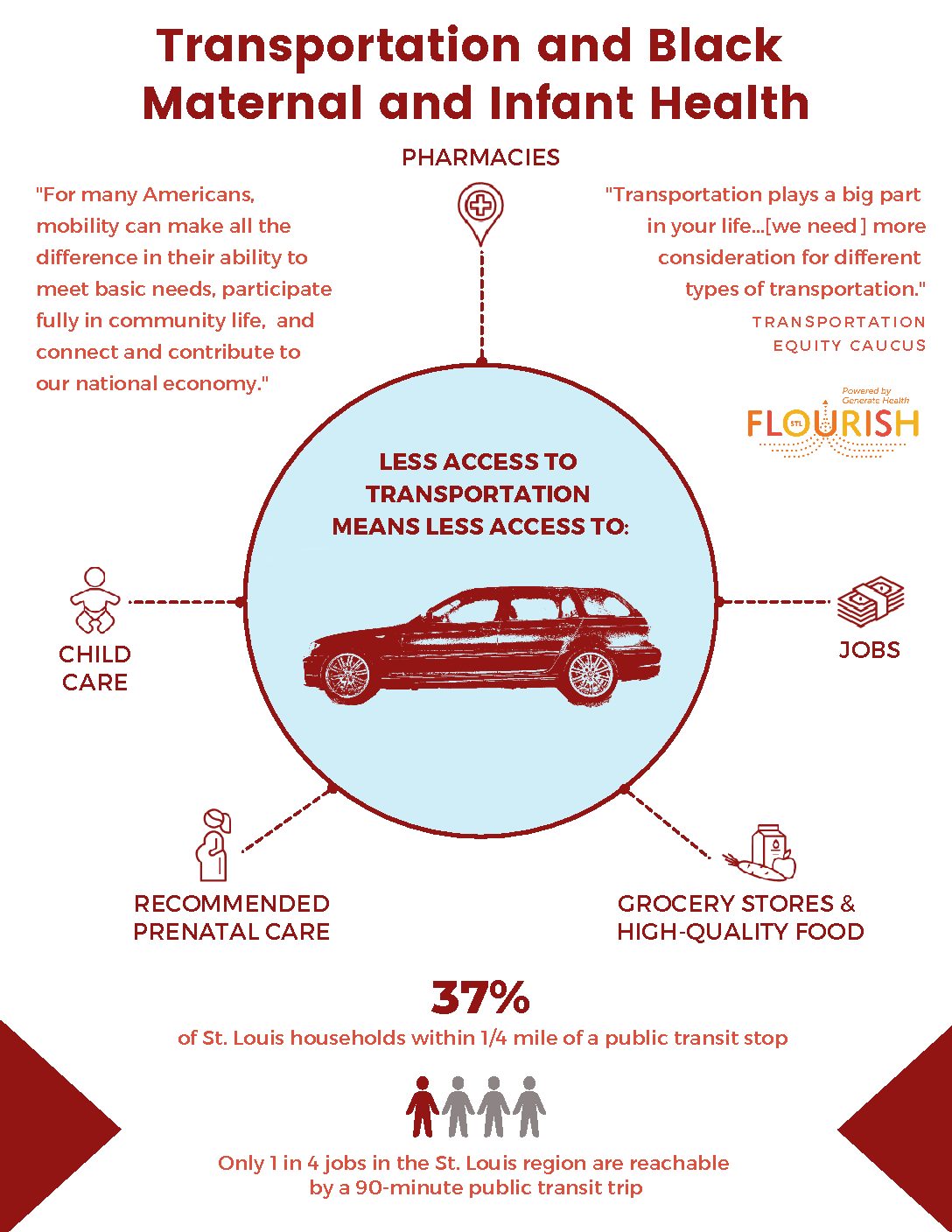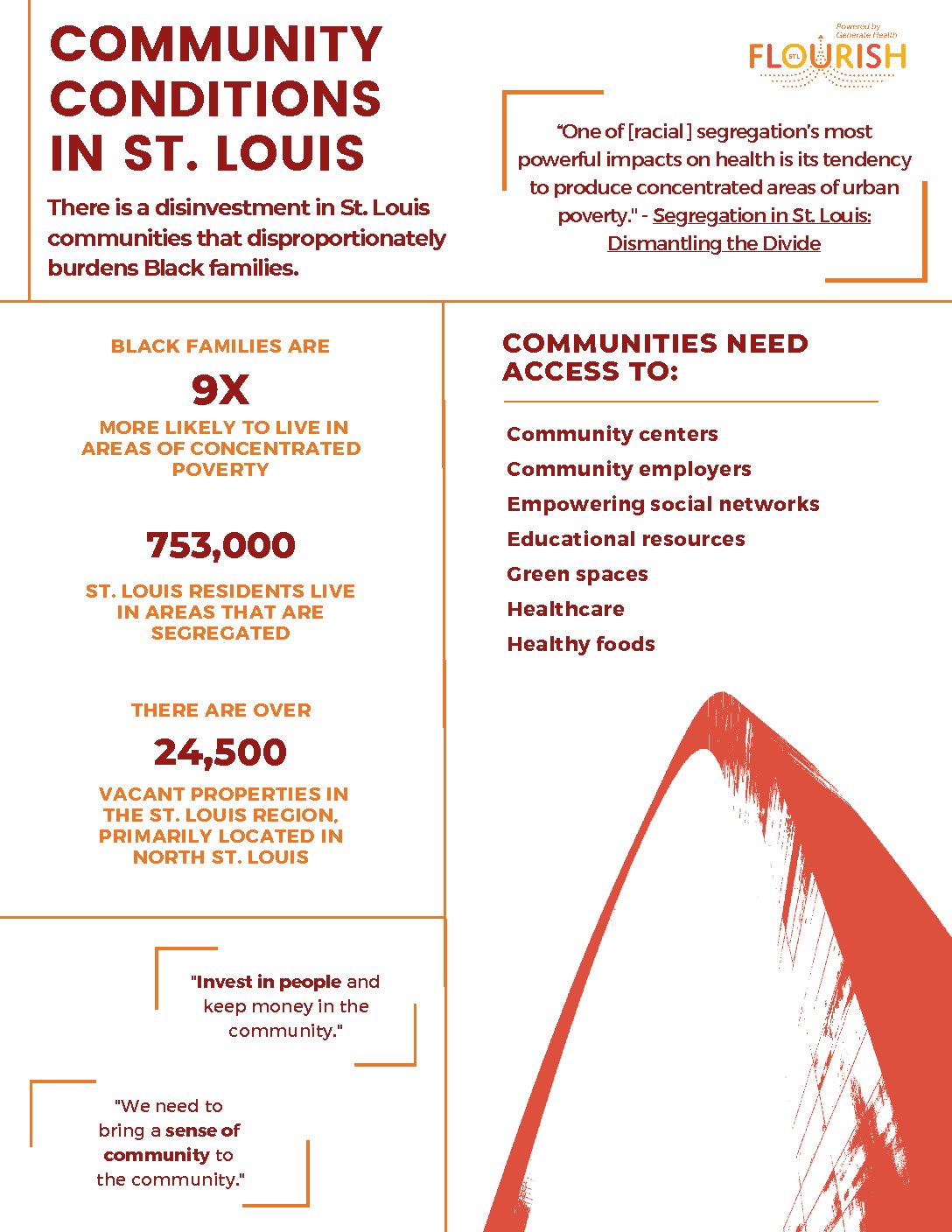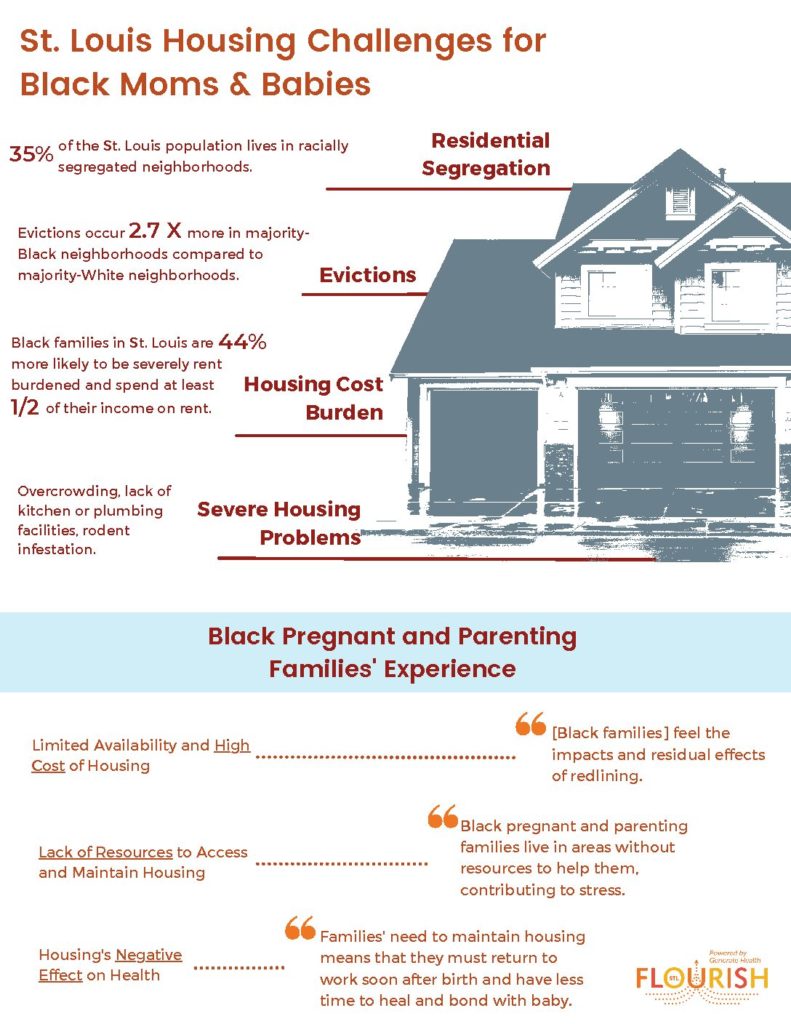Throughout September and October, FLOURISH St. Louis continued its series of Community Listening Sessions to discuss and better understand St. Louis’ infant mortality crisis.
The purpose of these sessions was to get feedback on five priority areas that FLOURISH St. Louis Cabinet members identified as critical to the health of moms and babies. These include:
- Prenatal care
- Infant health
- Healthy lifestyles
- Preconception care/sexual health
- Physical/social environment
Overall, 13 partners came together across ten listening sessions to engage with 220 community participants in an open, conversation-based environment designed to encourage sharing from moms, dads, grandparents and other community members. FLOURISH St. Louis would like to thank our partners who supported our efforts to capture a diverse representation of voices:
- Almost Home
- Beyond Housing
- Big Brothers Big Sisters of Eastern Missouri
- Kingdom House
- Making Change Happen Leadership Academy
- Mathews-Dickey Boys’ & Girls’ Club
- New Northside Baptist Church
- Normandy Schools Collaborative
- Our Lady’s Inn Maternity Homes
- Parents as Teachers
- Queen of Peace Center
- Louis Crisis Nursery
- United 4 Children
Community Listening Session Findings
The following is a summary of key learnings from the Community Listening Sessions:
- Prenatal Care
Obtaining proper prenatal care is critical to every pregnancy, but many participants shared stories of difficulty accessing it. Parents noted that transportation is a major issue for accessing care during pregnancy. They shared stories of not having providers located near them, as well as having difficulty accessing public transit to reach providers or feeling unsafe as they walked to bus stops to make it to appointments. Participants also expressed concerns and limitations about Medicaid transportation services. Medicaid transportation vouchers only cover one adult and one child thereby making it difficult to attend appointments if they were on a limited income with other children. This meant they would have to find a friend or family member willing to watch their children while they attended an appointment. Mothers who were able to receive care felt that limited time with providers makes it tough to establish relationships, making it more difficult to manage their pregnancies effectively. Increased wait times and lack of empathy and respect for pregnant women were cited as additional stressors. Participants also expressed a need for navigators to assist in connecting new and pregnant mothers and fathers to existing support services in our community.
- Infant Health
Participants expressed that lack of access to education or supportive resources can be a crippling barrier for parents of infants. Organizations and services exist to help parents with information and resources on infant care and development. However, mechanisms used to share information and resources aren’t readily available to families. Participants also noted that there was a lack of awareness of the dangers of co-sleeping and that families may lack safe, appropriate physical space for babies to sleep.
- Healthy Lifestyles
Behavioral health, stress and nutrition can all directly impact the well-being of a baby during pregnancy. Mothers said it was important to have support from family, friends and most importantly the father when pregnant or taking care of a child. Participants also talked about the value of managing their own stress and depression, but said they had difficulty accessing support resources. They also discussed living in areas where there was limited or no access to healthy foods and challenges with affording nutritious foods.
- Preconception Care/Sexual Health
Participants voiced strong support for more comprehensive sexual health education in schools. One of the biggest hurdles in preconception care and sexual health is the lack of information being distributed to young members of the community. Information is often sugarcoated or watered down to the point of confusion, causing youth to have misperceptions about their sexual health. The issue also includes challenges for adult women, not having access to the health information necessary to self-advocate and acquire the tools they need to maintain a healthy lifestyle before pregnancy. If moms don’t have access to health care until they actually become pregnant, they are missing out on necessary vitamins, education on health practices, and even treatment that can impact the health of their pregnancy.
- Physical/Social Environment
Participants pointed to the need for increased access to existing support and information resources in the community to help them understand child developmental milestones and maximize their role in their child’s development. Participants discussed the need for peer-to-peer support, as well as classes to help with co-parenting skills to strengthen family connections. Mothers and fathers alike want to find ways to increase fathers’ involvement during prenatal doctor visits and in child development. Participants also discussed a culture of silence where families learn not to talk about partner violence outside the home and where families don’t fully understand domestic violence’s impact on the health of moms and babies.
The listening sessions identified cross-cutting themes that impact all five priority areas. When examining the data and community feedback to address infant deaths, behavioral health, access to health care, home visitation, racial disparity, social and economic conditions, and transportation were consistent themes found across all priority areas. Read the full report.

